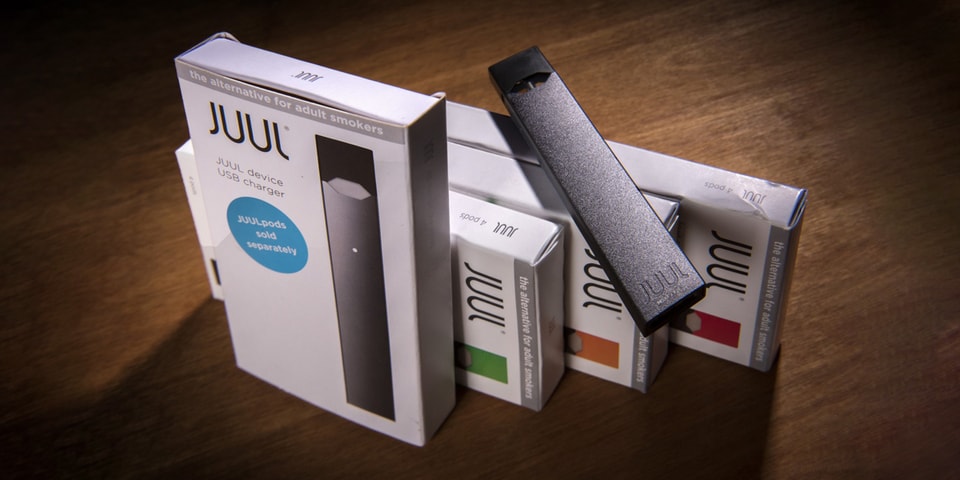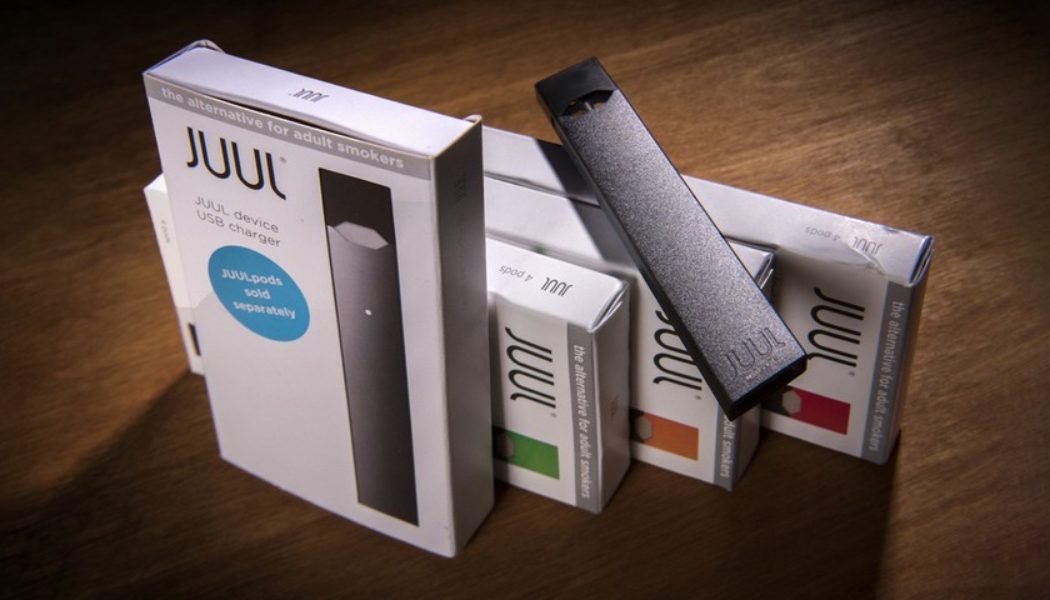
After a yearslong investigation by nearly three dozen states into JUUL’s business practices, the e-cigarette giant has tentatively agreed to pay a $438.5 million USD settlement to help combat the USA’s teenage vaping crisis. Per the New York Times, JUUL will be prevented from marketing to youth, funding education in schools and downplaying the level of nicotine present in its products.
A statement from the company said that the settlement is a “significant part of our ongoing commitment to resolve issues from the past” and that the terms of the agreement are “aligned with our current business practices, which we started to implement after our companywide reset in the fall of 2019.” However, the company said they were not acknowledging any erroneous actions as part of the settlement — a somewhat similar outcome to how the Sackler family (the owners of Purdue Pharma) was shielded from legal ramifications as part of a $6 billion USD settlement reached in March for their company’s role in the US’s opioid crisis.
The states’ investigation found that JUUL intentionally marketed to underage consumers by giving out free samples, hiring young models and using social media to connect with their audience. In a recent news conference, William Tong, the attorney general of Connecticut said that 45 percent of JUUL’s Twitter followers between 13 and 17 years old, and described the company’s age verification system as “porous.” “We think that this will go a long way in stemming the flow of youth vaping … we have essentially taken a big chunk of of what was once a market leader,” he said.
Less than five years after sparking a $12.8 billion USD investment from tobacco giant Altria, JUUL has been seeing their menthol-flavored success going up in smoke (or water vapor) recently. In June, the FDA revoked JUUL’s marketing authorization to sell their vapes and cartridges, though the company won a temporary reprieve in court in July. Currently, JUUL’s products are still available for sale pending further review from the FDA. In years past, JUUL saw flavored vape pods banned by the FDA and vaping ads forbade from Instagram, all factors that add up to make their future a turbulent one.
Stay tuned for more info, and, if you’re looking for more big-buck settlements check out why Meta is facing a $402 million USD fine for violating Europe’s General Data Protection Regulation.






